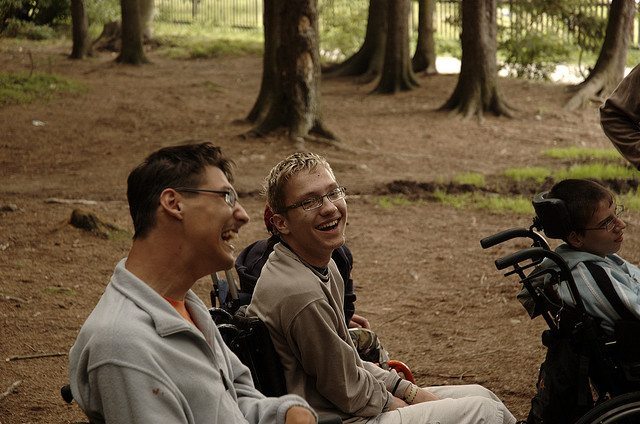 Since hypoxic-ischemic encephalopathy (HIE) can impact development in different ways and with varying degrees of severity – the appropriate resources for planning the transition to adulthood will depend greatly on the individual.
Since hypoxic-ischemic encephalopathy (HIE) can impact development in different ways and with varying degrees of severity – the appropriate resources for planning the transition to adulthood will depend greatly on the individual.
Some kids with very mild HIE may be able to live largely independently, such as having their own apartment. However, they still may require support in other areas, such as financial planning or transportation. Kids with more severe HIE will often require specialized, constant care throughout their lives.
Parts of the transition to adulthood
The following resources can help parents and caretakers consider various aspects of transitioning to adulthood with a disability:
Higher Education: This page provides information on support organizations working to improve higher education opportunities for people with disabilities, and describes the services each offers. We also list some scholarship opportunities.
Income, Vocational Programs, and Employment: This page discusses supported employment and vocational training programs.
Housing: This page helps readers explore housing options, both for those living with family, as well as those living independently or outside the home.
Developing a Portable Medical Summary: As a child grows, they eventually will need to transition medical providers, especially if their primary doctor is a pediatrician. Here, we discuss how to create a ‘portable medical summary’ in order to smooth this process.
IEPs and the Transition Between Life Stages: This page gives an overview of Individualized Transition Plan (ITP)s, which are formal plans for helping special education students transition from student life to adult life.
Transportation: Here, we summarize transportation options for people with disabilities, including modified vehicles and public transit systems.
Financial Assistance: As individuals age and are no longer considered minors, the funding options available to them can change. Here, we discuss a few forms of financial assistance for adults with disabilities.
Additional guides for the transition to adulthood
Parents may also find it useful to look at different guides for helping their children transition to adulthood. For example, The Pacer Center also provides a guide for transitional planning, with information about the transitions between:
- Middle and high school
- High school to college and
- Education to adult life
Do you need someone to talk to?
Your child was just diagnosed with HIE and your head is spinning. As you start to research on exactly what your child’s diagnosis means, you will bombarded with facts, information, and advice. It can be difficult to make sense of everything that happened and you may not know where to turn next.
We want to hear your story. HIE Help Center is owned by ABC Law Centers, a law firm that exclusively handles birth injury cases. Our intake team is here to listen to every detail of what you and your family went through during labor and delivery. Although we are not doctors and cannot provide medical advice, we can provide resources specifically tailored to your situation. Our team has reviewed and handled thousands of cases like yours – we are trained to recognize if medical malpractice led to your child’s diagnosis and we can advise if taking legal action may be beneficial for your family.
